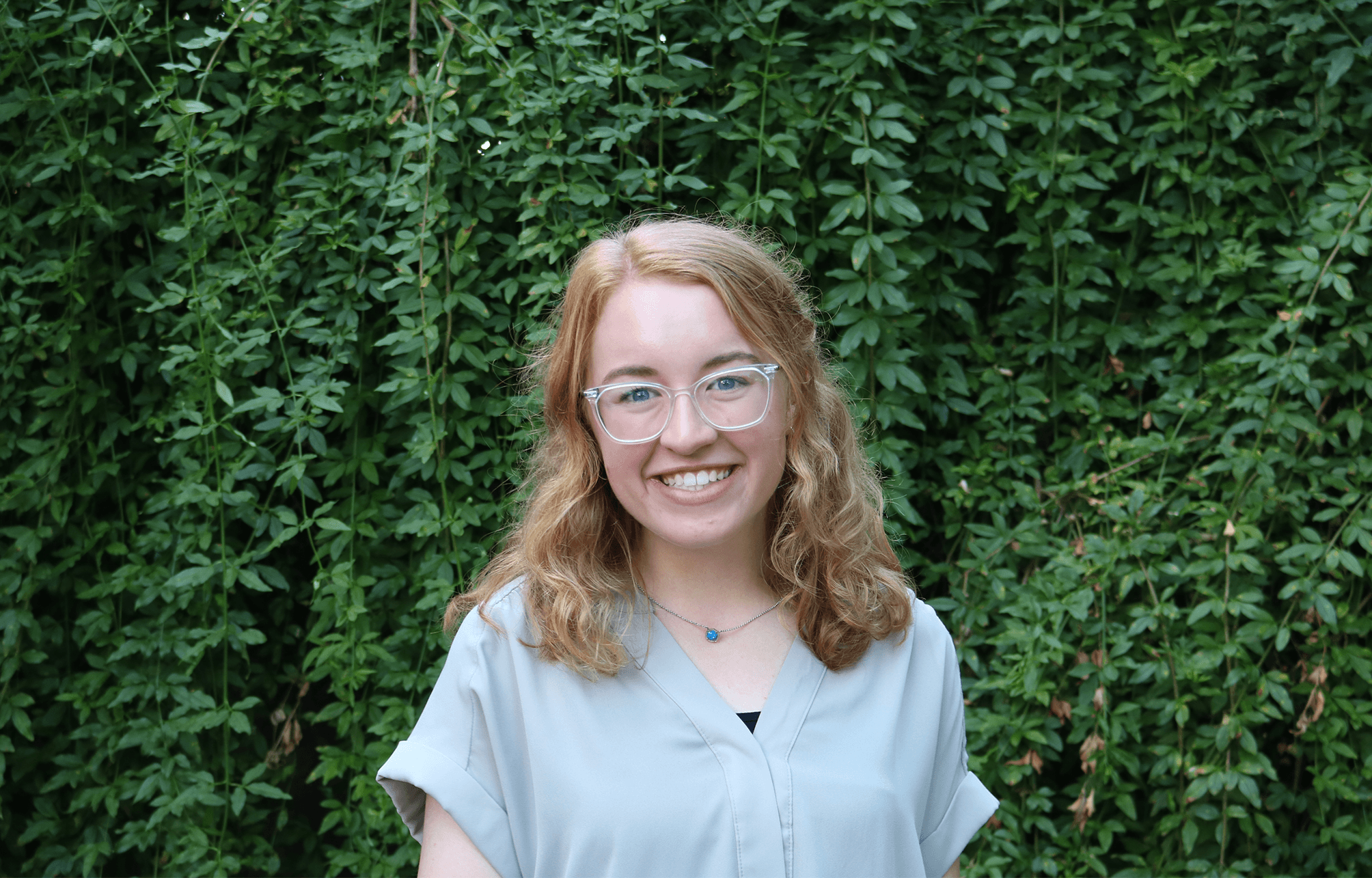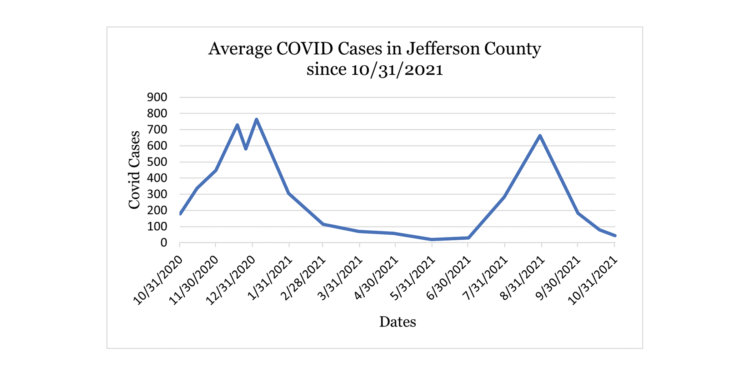Last weekend, Samford students celebrated Halloween in a variety of different ways across the city. Students went trick-or-treating in nearby neighborhoods, threw Halloween parties for close friends and attended the few parties thrown by Samford fraternities, such as Pi Kappa Phi’s Halloween party. Students who talked to The Crimson said they are glad to be able to attend university-approved fraternity parties this year after the lack of parties last year.
Senior Ansley Burnette made a tradition out of trick-or-treating with friends on Halloween night in neighborhoods throughout Downtown Homewood. She said she was not able to go last year because of the pandemic but was excited to return to the neighborhood this year.
“Freshman and sophomore year, trick-or-treating was so much fun, so my friends and I were so bummed during COVID when we couldn’t continue the tradition,” Burnette said. “But I am happy to say that I definitely did spend my last Halloween as a college student out trick-or-treating in Homewood.”
In an interview with the Crimson a few weeks ago, Chief Strategy Officer Colin Coyne expressed concern about how Halloween and other holidays could potentially affect the COVID positivity rate on campus.
“I’m concerned after Halloween and Christmas and New Year’s. I would certainly say between Halloween and New Year’s, be very very careful,” Coyne said.
According to the Alabama Political Reporter, the positivity rate of COVID-19 cases this week in Jefferson County, home to Samford, is 3.8%, a percentage that continues to decrease over time. The Alabama Political Reporter states that there have been 242 new cases this week, as of Wednesday afternoon, and there has been a 37% decrease in new cases over the last week.
Samford’s COVID dashboard shows that two positive cases of COVID-19 have been reported since Oct. 31, one a Samford student and one a Samford employee.
According to an ABC News article in September of this year, experts estimate that COVID cases tend to double around two weeks after a major holiday, as they did after July 4. The Centers for Disease Control and Prevention states that the Delta variant of the virus spreads faster and easier than other variants, which might mean less time between an event and the uptick in cases.
So far, the number of COVID-19 cases in the surrounding area is still decreasing, according to the Alabama Political Reporter. The university continues its sentinel testing campaign to keep track of positive cases. It is worth keeping an eye on the COVID positivity numbers to see if Halloween festivities have any effect on the amount of cases.

Staff Writer






